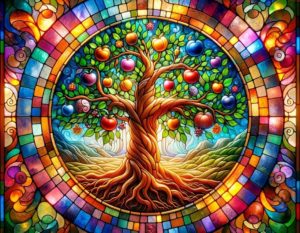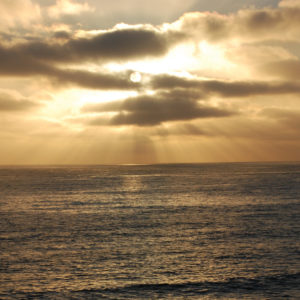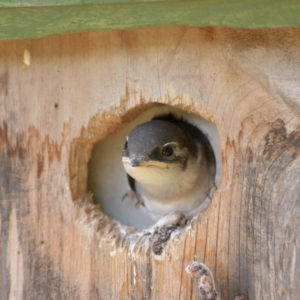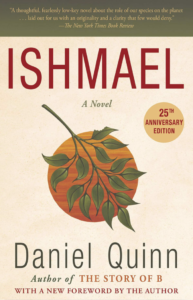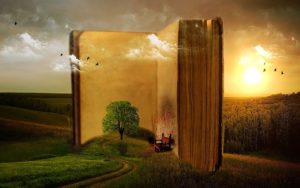The following discussion about belief systems may seem out of place coming from a recovering astrophysicist, and perhaps I am as surprised as you are. But my path has taken me to an unexpected place, so that I now think we would be wise to make a radical course change at the deepest level of what we believe.
Why should we consider a major change?
- Because we don’t know everything, and never can.
- Because what we do know tells us we’re on the wrong track, initiating a sixth mass extinction—not just from CO2, but from modernity itself.
- Because we now (collectively) believe in the wrong things, like human supremacy and economics (gross).
- These beliefs are actively hurting the living creatures of the planet, including us.
Science has revealed so much about the origins and rules of the universe, and how life came to be so exquisitely diverse. Let’s tap into what this tells us. Let’s also acknowledge that mysteries will always remain. Rather than continue to be paralyzed in this urgent time by what we don’t yet know, let’s fill in the gaps with belief—or even faith—rooted in the science we already do know. Let’s move beyond the current stories we tell ourselves in modernity, and fashion new ones that move us in a better direction—to the enduring benefit of all life on Earth.
I’m not sure I know how to tell this story, so please bear with me and accept my apologies for a long-ish read. For those who saw last week’s post, this one contains familiar echoes, but represents a fresh approach intended for a more general audience.
Views: 7034

